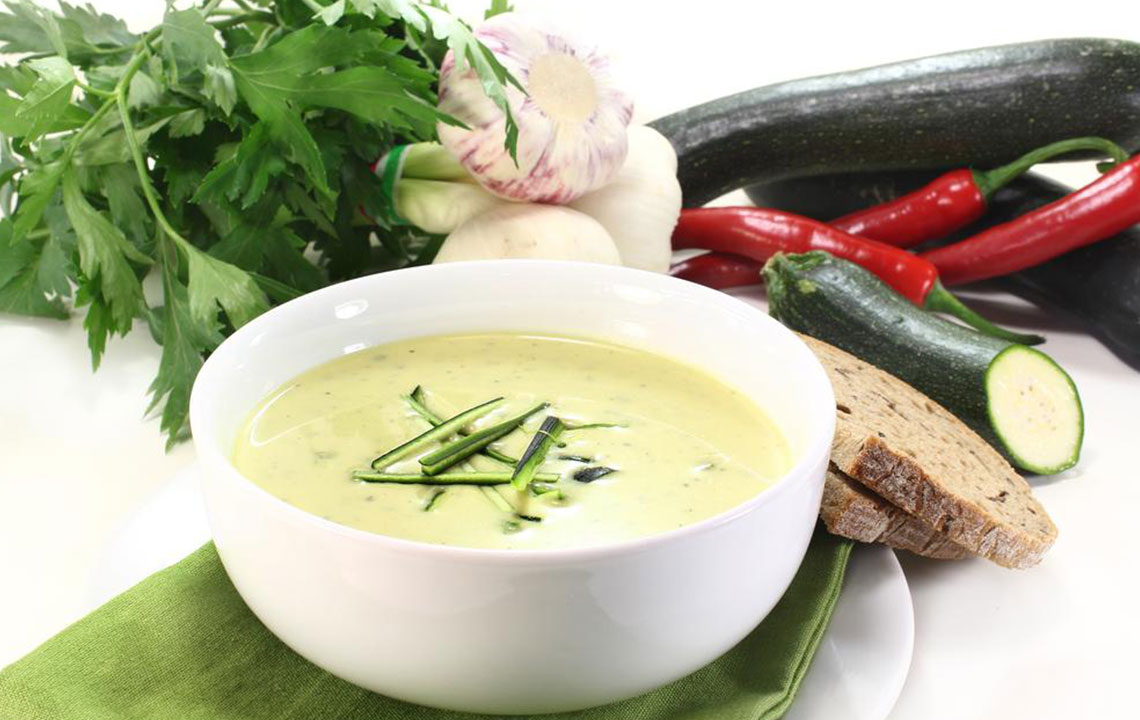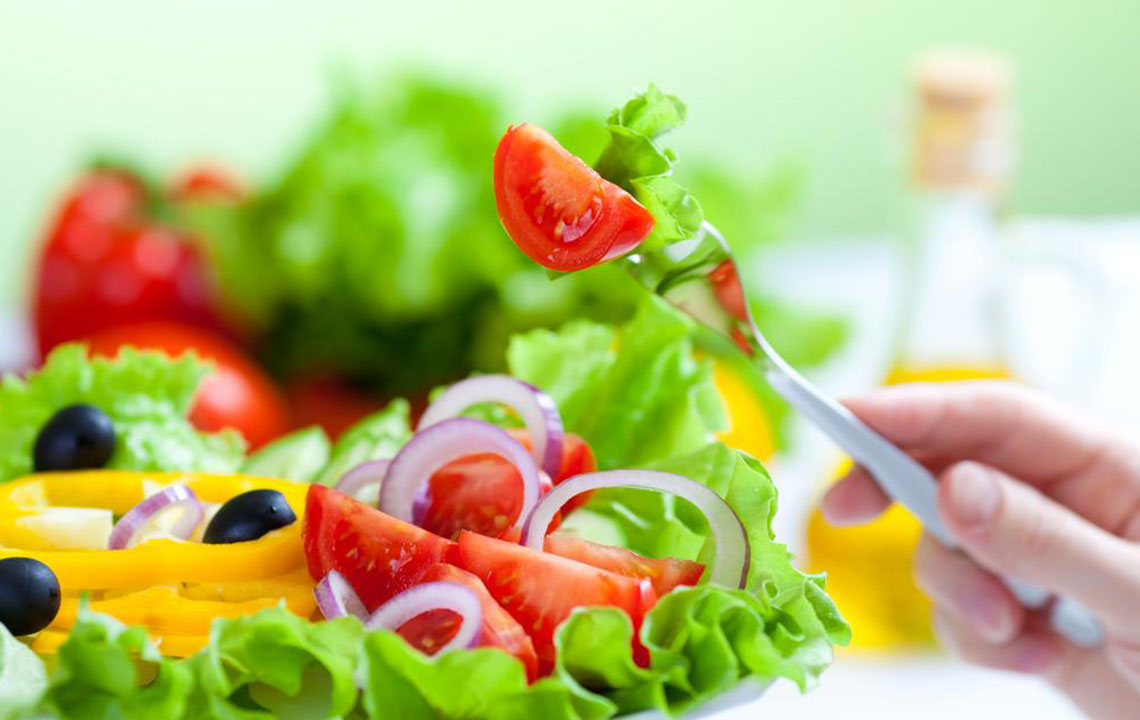Proven Nutritional Tips for Effective Gout Management
This article provides essential dietary recommendations for gout management, highlighting foods to include and avoid. It emphasizes hydration, anti-inflammatory options, and lifestyle changes to reduce gout attacks, underlining the importance of medical guidance for effective control and overall health.

Essential Foods to Eat and Avoid for Gout Prevention
Understanding gout and how diet plays a role
Gout is an inflammatory form of arthritis caused by high uric acid levels in the blood. When uric acid deposits crystals in joints, it leads to intense pain and swelling. Factors such as alcohol, excess weight, and kidney issues can raise uric acid. Adjusting your diet can help lower these levels and reduce flare-ups. Always consult a healthcare provider for diagnosis and treatment before altering your diet. Here's a detailed guide to develop a gout-friendly eating plan.
Dietary choices significantly influence uric acid levels and gout symptoms. An anti-gout diet focuses on limiting purine-rich foods, staying well-hydrated, and choosing anti-inflammatory options. These habits can provide quick relief and help prevent future attacks. Remember, dietary changes should be part of a broader lifestyle approach, including medical oversight, to avoid joint and kidney complications from uncontrolled gout. Consistently following these tips promotes overall health and gout control.
Foods to Limit or Avoid
Reduce intake of foods with added sugars like sodas, candies, baked goods, and processed snacks, which can raise uric acid. Limit purine-dense foods such as red meats, organ meats, shellfish, mushrooms, spinach, peas, asparagus, and sardines. Avoid alcohol, especially beer and spirits, as they increase uric acid levels. Preparing meals at home with wholesome ingredients instead of fast food can help manage intake and improve health.
Maintain Proper Hydration
Drinking plenty of water, at least eight glasses daily, helps flush uric acid from the body and supports kidney function.
Add Cherries to Your Diet
Cherries contain antioxidants that may reduce uric acid and lessen gout attacks. Organic cherries are preferable for optimal benefits.
Choose Low-Fat Dairy Options
Skim milk, yogurt, and other reduced-fat dairy products assist in controlling uric acid while providing necessary proteins.
Prioritize Whole Grains and Vegetables
Foods like oats, brown rice, potatoes, barley, and quinoa contain low purine levels. Vegetables such as broccoli, Brussels sprouts, and lima beans contribute vital nutrients without exacerbating gout.
Incorporate Fruit Varieties
Along with cherries, include strawberries, oranges, apples, bananas, pineapples, and melons. Fruits boost antioxidants and aid detoxification.
Consume Coffee Wisely
Coffee includes chlorogenic acid, which may help reduce gout episodes. Consume black coffee or with low-fat milk, avoiding excess sugar, after consulting your healthcare provider.
Switching to an anti-gout diet is a lasting lifestyle choice. Proper management helps prevent joint damage and kidney issues. Seek medical guidance, stay consistent with healthy habits, and maintain a balanced routine to keep gout under control.


